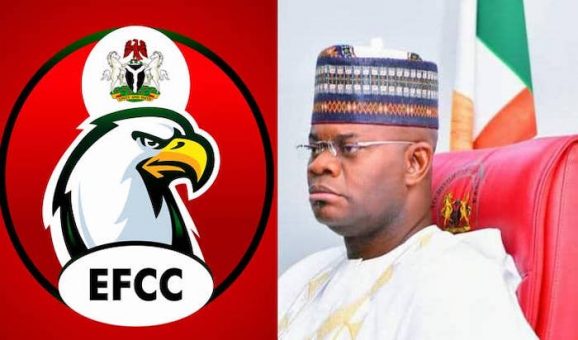The Federal Government of Nigeria has taken a significant step in its initiative to reduce tax burdens and optimize revenue by approving the exemption of small businesses, manufacturers, and farmers from paying withholding tax. This move is part of broader tax reforms aimed at addressing challenges within the current tax regime and is expected to be fully enforced by January 2025.
Taiwo Oyedele, Chairman of the Presidential Committee on Fiscal Policy and Tax Reforms, disclosed this information on his official X account. He highlighted that this directive aims to reduce the tax burden on businesses and foster economic growth. Withholding Tax, which serves as a prepayment of Income Tax and is deducted at rates between 5% and 10% depending on the transaction, has been a source of compliance burden for manufacturers and other sectors.
The newly approved withholding tax regime introduces several key changes:
Exemption of SMEs: Small and medium enterprises (SMEs) are now exempt from withholding tax compliance, reducing their administrative burden and allowing them to focus on growth.
Reduced Rates for Low Margin Businesses: Businesses operating on low margins will benefit from reduced withholding tax rates, easing financial pressures.
Specific Exemptions for Manufacturers and Producers: Farmers and other manufacturers will receive specific exemptions to support the agricultural sector.
Measures to Curb Evasion and Tax Avoidance: The new regime includes measures to minimize tax evasion and avoidance, ensuring a fairer tax system.
Improved Liquidity: Simplified processes for businesses to obtain credit and utilize tax deducted at source will improve liquidity.
READ ALSO
Federal Government to Revoke Licenses Over Illegal Mining After Fatal Niger State Mine Collapse
The government has submitted the new tax policies to President Bola Tinubu and the National Assembly for approval. Oyedele noted that the reforms would align with global best practices and address emerging issues within the tax system.
In addition to the withholding tax reforms, the government has also introduced other measures to bolster local production and support the healthcare sector. Last week, President Bola Ahmed Tinubu signed an Executive Order to introduce zero tariffs, excise duties, and VAT on specialized machinery, equipment, and pharmaceutical raw materials.
Femi Egbesola, President of the Association of Small Business Owners, applauded the initiative but called for further reforms, especially at the state and local government levels, where multiple taxes are still a significant burden.
The implementation of these new tax laws will begin in January 2025 to allow for proper discussions, sensitization, and advocacy with implementing agencies. Oyedele's committee has also submitted approximately ten tax reform bills to the National Assembly for constitutional amendments.
In an interview with Channels TV's Sunrise Daily, Oyedele mentioned that the committee has drafted new versions of major tax laws to replace outdated ones inherited from the colonial era. The committee aims to have these laws enacted by the end of the third quarter of this year, with a 90-day notice period for preparation and capacity training before full implementation in January 2025.
Additionally, the government is developing software to track the expenses of Nigerians using the National Identification Number for accurate taxation, ensuring proper identification of economic activities and enhancing the efficiency of the tax system.





One thought on “Federal Government Exempts Small Businesses, Manufacturers, and Farmers from Withholding Tax”